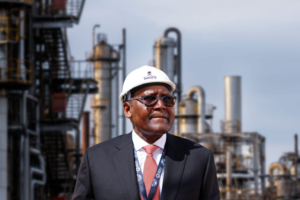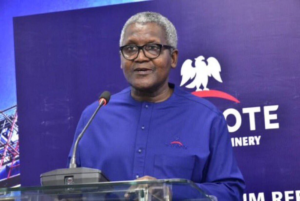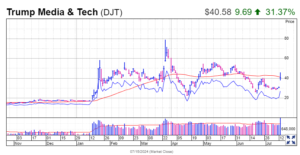
The Chairman/CEO of the Nigerian Electricity Regulatory Commission (NERC), Engr. Sanusi Garba, revealed that the Federal Government is set to spend over N600 billion on electricity subsidy in 2023. This announcement came during the ministerial retreat on the Integrated National Electricity Policy and Strategic Implementation Plan held in Abuja. Despite the reduction in the government’s annual subsidy from N528 billion in 2019 to N144 billion in 2022, challenges in the sector persist.
Garba highlighted the impact of Service-Based Tariff (SBT) in reducing tariff subsidies, but he stressed that insufficient end-user tariffs, poor DisCo collections, and revenue shortfalls threaten investments and the sector’s viability. To address these issues, the Minister of Power, Adebayo Adelabu, proposed the creation of a new entity from the Transmission Company of Nigeria (TCN) for more effective power transmission.
Adelabu emphasized the need to restructure TCN into the Independent System Operator (ISO) and the Transmission Service Provider (TSP) to enhance efficiency. He noted that the TCN’s use of aging infrastructure hampers its ability to transmit sufficient power, necessitating this restructuring.
Moreover, Adelabu advocated for pricing gas used by electricity Generation Companies (GenCos) in Naira to manage inflationary trends, as the current pricing in US dollars poses challenges. He urged a shift to trading gas in Naira to align with the Multi-Year Tariff Order (MYTO) methodology and minimize foreign exchange-related challenges.
In response, NERC Chairman Sanusi Garba cautioned that without tariff reviews, subsidies payable by the government would escalate to about N1.6 trillion per annum by 2024. He emphasized the need for policy support to review end-user tariffs and proposed automatic monthly tariff adjustments to navigate forex and inflation rate volatilities.
The challenges in the electricity sector, including poor revenue collection, infrastructure deficits, and ineffective contracts, were highlighted. Despite progress, such as the deployment of 2.4 million meters, there remain issues like the 5.5 million net metering gap that requires funding. Garba proposed comprehensive strategies for sustainable growth, including addressing fiscal burdens and promoting domestic gas policies.
This comprehensive overview underscores the complex landscape of Nigeria’s electricity sector, where the government grapples with subsidy management, tariff adjustments, and structural reforms to ensure sustainable and efficient power supply.






Be First to Comment